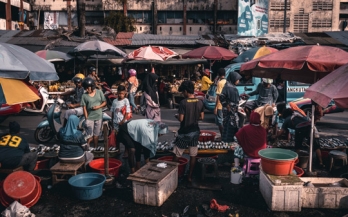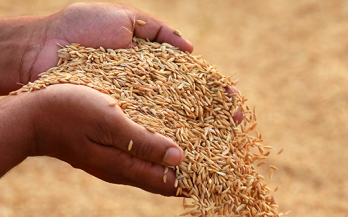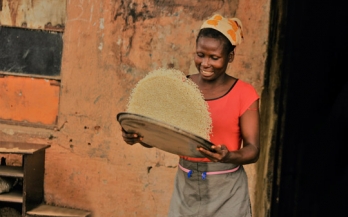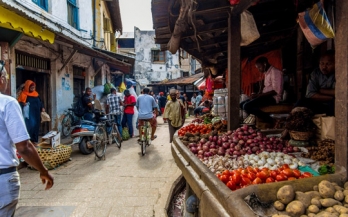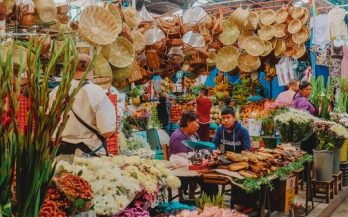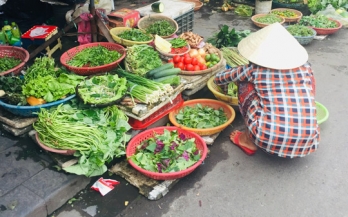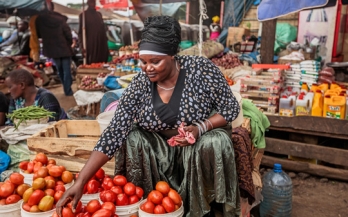- 18/03/2021
This Situation Report—the fifth in a series—finds that COVID-19-related control measures continue to have an impact on food systems in 10 countries where GAIN works: Bangladesh, Ethiopia, India, Indonesia, Kenya, Mozambique, Nigeria, Pakistan, Rwanda and Tanzania.
- 02/12/2020
The COVID-19 pandemic is a multiplier of vulnerability, compounding threats to food security and nutrition (FSN), while exposing weaknesses in food systems. In response, the Global Alliance for Improved Nutrition (GAIN) developed the Keeping Food Markets Working (KFMW) programme to provide targeted support to help sustain core food systems, workers, and markets during the COVID-19 emergency.
- 24/11/2020
The Commercialisation of Biofortified Crops (CBC) Programme was launched in 2019 to address widespread hidden hunger in Africa and Asia by significantly expanding the reach of foods and food products made with biofortified staple crops.
- 20/07/2020
In low-income countries, poor dietary diversity is driven in large part by the low availability and affordability of nutritious foods like fresh fruits and vegetables, dairy products and other animal sourced foods. In a recent assessment, GAIN determined that small-and medium-sized enterprises (SMEs), or small and mighty enterprises as GAIN likes to call them, produce, process or sell up to 70% of nutritious food sold in low-income markets in Africa.
- 07/07/2020
Vegetables for All (VfA) targets the whole vegetable chain from seed to stomach. In north- eastern Tanzania, the availability of vegetables is intrinsically linked to the dry and wet seasons causing fluctuations in access to nutritious vegetables. This problem is compounded by poor access to high quality seeds and other inputs and high levels of post-harvest loss which prevent vegetables reaching markets in the region.
- 13/06/2020
Food fortification is implemented to increase intakes of specific nutrients in the diet, but contributions of fortified foods to nutrient intakes are rarely quantified.
- 27/05/2020
In 2016, Tanzania put in place a nutrition action plan that would seek to go beyond previous action plans and strategies. The Prime Minister’s Office took the lead in developing a nutrition action plan that not only had ambitious goals and targets but also explicitly called on other sectors to join the country’s fight against malnutrition.
- 09/05/2020
These document series summarise some rapid assessments undertaken by the Global Alliance for Improved Nutrition (GAIN) to understand early impacts of the COVID-19 coronavirus pandemic on food systems in a set of low- and middle-income countries where GAIN works (Bangladesh, India, Pakistan, Indonesia, Mozambique, Ethiopia, Kenya, Tanzania, Rwanda, and Nigeria).
- 08/05/2020
These document series summarise some rapid assessments undertaken by the Global Alliance for Improved Nutrition (GAIN) to understand early impacts of the COVID-19 coronavirus pandemic on food systems in a set of low- and middle-income countries where GAIN works (Bangladesh, India, Pakistan, Indonesia, Mozambique, Ethiopia, Kenya, Tanzania, Rwanda, and Nigeria).
- 17/04/2020
Fighting malnutrition in all its forms is one of the major challenges of the 21st century. Addressing it will require an agricultural transformation. Within Africa, this must include a focus on small and medium-size farms, which provide about 80% of total calories in sub-Saharan Africa, as well as other small actors along the value chain.
